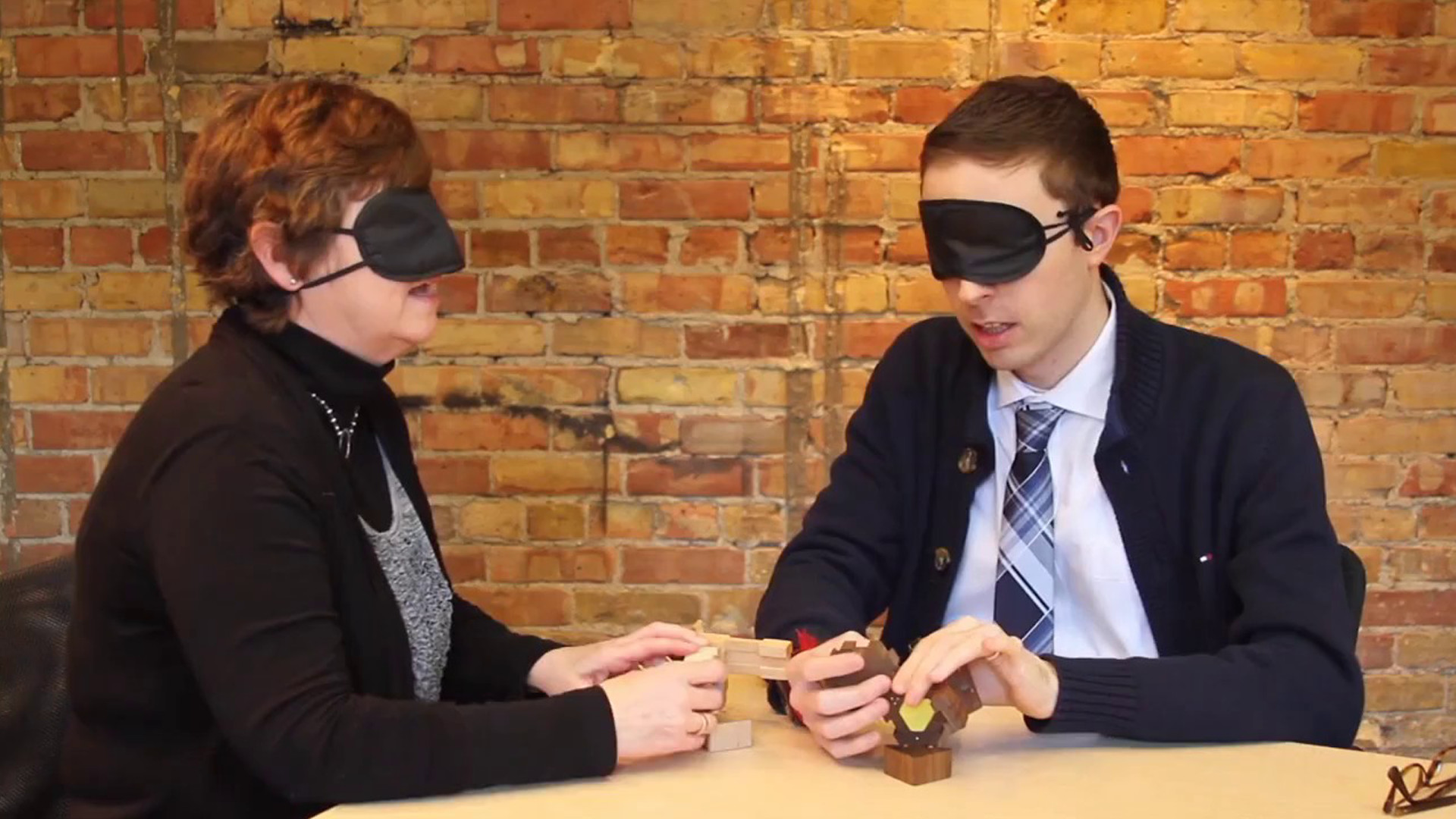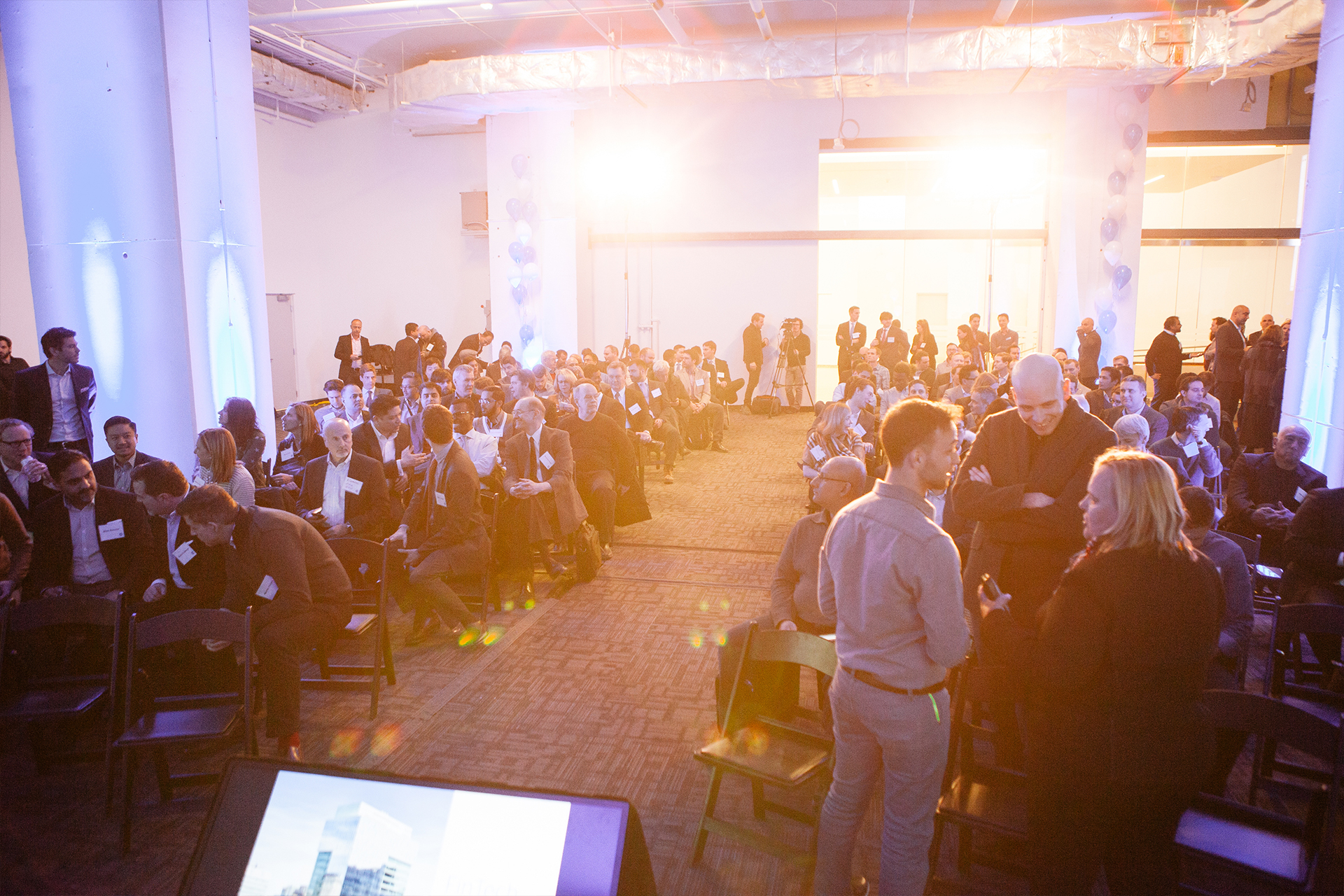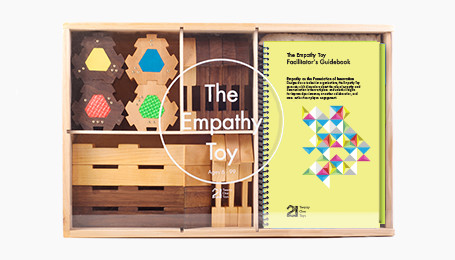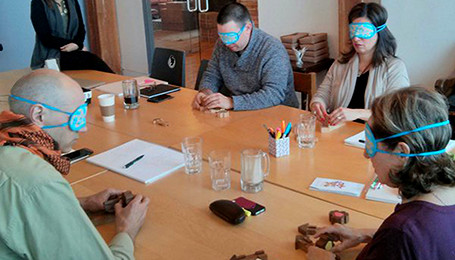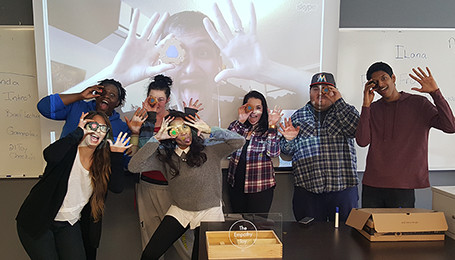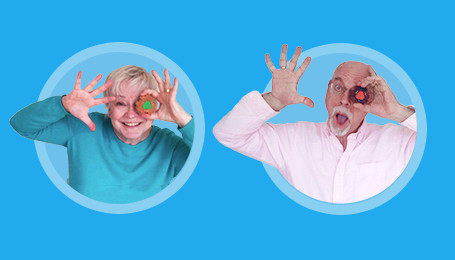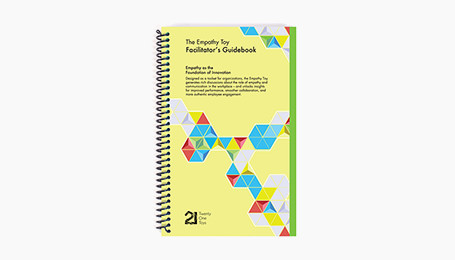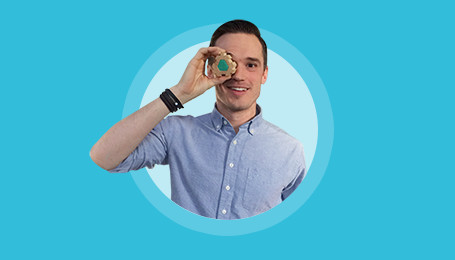In a rapidly changing world of work – one where employees must quickly adapt to the demands of the future – hiring practices are also evolving. 21st Century employers are struggling to develop new assessment techniques to test for the skills they value the most. In a recent Wired Magazine article, Linda Darling-Hammond, a professor of education at Stanford, stated that, “In 1970 the top three skills required by the Fortune 500 were the three Rs: reading, writing, and arithmetic. In 1999 the top three skills in demand were teamwork, problem-solving, and interpersonal skills. We need schools that are developing these skills.” These statistics are from the last century and we are still not caught up. In 2020 the top 3 job skills are projected to be complex problem solving, critical thinking, and creativity. With school systems whose primary focus still remains the 3 R’s, how do we find recent graduates who strongly display the interpersonal and problem solving skills that make them valuable employees? We can’t rely on the HR practices of the past to hire our future workforce.
Resumes and GPAs are good indications of a candidate’s ability in math and literacy, but these documents are almost useless in gauging a person’s aptitude in the difficult-to-test social and emotional skill set. Google, who historically relied heavily on test scores in the hiring process, has abolished this type of screening, and has even reopened and reevaluated previously overlooked applications in their search for new talent. “One of the things we’ve seen from all our data crunching is that GPA’s are worthless as a criteria for hiring, and test scores are worthless… We found that they don’t predict anything.” Not only are marks useless in determining a candidate’s potential, there is a negative correlation between people who achieve good grades and their ability to innovate. Skills like abstract problem solving are valuable in the real world but don’t necessarily help students learn facts and score highly on multiple-choice exams. On top of that, “college-going students with innovation intentions may be more likely to approach their education as a means to discover new ideas, wanting more out of the experience than a series of external valuations in the form of grade point averages.” Because our education systems have been slow to equip students with the applicable skills that make them valuable hires, HR departments have had to go above and beyond in their vetting process. Companies, especially those working in the innovation space, have found success experimenting with creative solutions to evaluate these critical skills in their interview process.
Making strategic hiring decisions at Canada’s largest innovation centre, MaRS Discovery District, is challenging given the volume of positions and the creative skill set required for them. MaRS is a leader in the trend toward urban innovation districts, which allow entrepreneurs access to corporations, investors, mentors, university institutions and labs to test their concepts. Located in the centre of Toronto, MaRS brings together educators, researchers, social scientists, entrepreneurs, and business experts under one roof. Ensuring that this highly diverse ecosystem continues to learn and grow requires an equally diverse team of dynamic employees.
We sat down with MaRS HR Manager, Julia Scott, to discuss her insights from four trial sessions that incorporated the Empathy Toy into the interview process of hiring junior candidates.
Twenty One Toys:
What do you identify as some of the key skills for a thriving 21st Century workforce?
Julia Scott – Human Resources Manager, MaRS Discovery District:
Adaptability, resilience, clear communication, the ability to collaborate.
Twenty One Toys:
Why do you think these skills are more important now than ever before?
Julia Scott – Human Resources Manager, MaRS Discovery District:
The nature of work has changed. We’ve moved away from manufacturing and roles [that are fulfilled] by a single contributor. A lot of our work now is with other people, not things. So, we must have the ability to connect, take cues, seek clarification, and collaborate [if we want] to create new things. This is especially important in a place like MaRS which is a culture focussed on innovation. So for us, the magic of innovation is the ability to draw things out of other people’s experience and collaborate with them to refine those ideas. That doesn’t happen with one person in a room by themselves – it really requires skills of being able to hear things, refine, communicate well, ask questions, reset, and recalibrate. Sometimes that means starting from scratch and being resilient to move forward with a new strategy or approach.
Twenty One Toys:
What are the challenges that HR departments face when hiring for these skills?
Julia Scott – Human Resources Manager, MaRS Discovery District:
People in job interviews tend to say things like “I’m a great communicator” or “I really love collaboration” but it can be difficult to test for that in an interview format.
